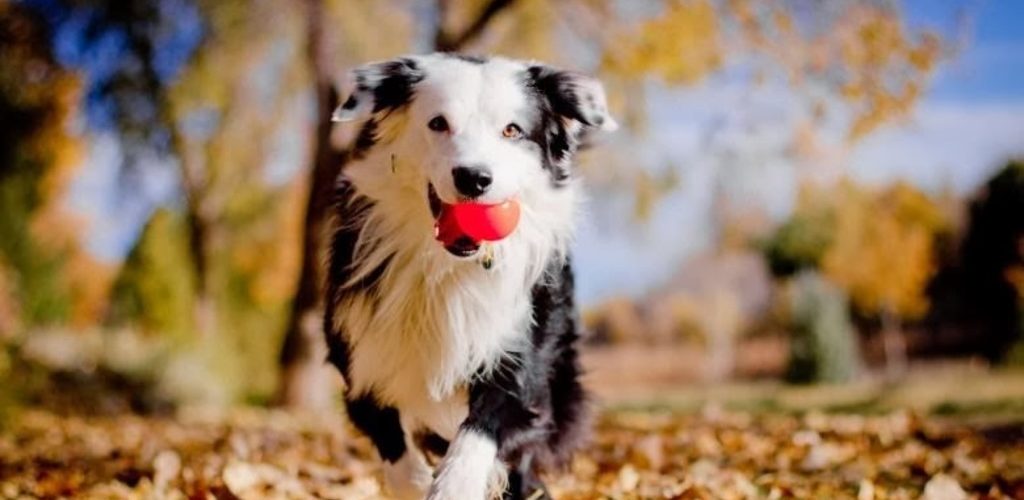
1. CHOOSE DOG-SAFE FLOWERS FOR GARDEN
Seasonal flowerbeds are beautiful, but many common flowers, including tulips, daffodils, azaleas and amaryllis can be poisonous to dogs. Talk to your vet about which plants are safe for dogs before you put on your gardening gloves.
2. SECURE TRASH CANS/GARAGE SUPPLIES
Trash cans and recycling bins should be secured with appropriate lids Liquids such as fuel, cleaning supplies and antifreeze (which can be fatal to pets), need to be stored out of reach of your pet. Bug or rat bait and herbicides should be used with caution and stored properly, as they can also be fatal to dogs.
3. FENCE AROUND SWIMMING POOLS
Even if your dog is a strong swimmer, he or she should never be left unattended in a yard with a pool. Your pool area should be fenced, and your dog should know how to safely enter and exit the pool from an early age.
4. CHECK FENCE FOR ‘WEAK’ SPOTS
Even if your yard has a fence, a wiggly pup can easily slip through tiny gaps or holes you may not notice. Regularly check the fence in your yard to make sure it is secure before letting your dog out in the yard.
5. MOW LAWN/LANDSCAPE REGULARLY
Ticks will use tall grasses and branches in your yard to hitch a ride onto your dog’s skin. To help keep ticks at bay trim back high, tall grasses and remove debris.
6. ROUTINELY CLEAN DECKS, SHEDS AND OTHER BACKYARD STRUCTURES
Fleas tend to live in dark, humid areas like outdoor dog homes, decks and outdoor structures such as sheds. Sweep off patios, clean under your deck and remove debris from outdoor structures to prevent fleas from congregating in your yard.
7. KEEP DOGS AWAY FROM LAWNS THAT HAVE BEEN RECENTLY TREATED WITH INSECTICIDE, PESTICIDE OR FERTILIZER
Insecticides can help curb bug problems, but when applied heavily, may be toxic to pets. Try to avoid using insecticide when possible or talk to your veterinarian about the best way to use such chemicals. Keep your pet off lawns that have recently been treated with insecticides, pesticides or fertilizers.
8. PROVIDE WATER AND SHADE
Dogs love playing outdoors year-round, but dehydration and heat sickness can be a very real threat in warm, sunny weather. Make sure to give your pup plenty of breaks in the shade, access to fresh water and the ability to go inside if he needs it.
~At Heart Arrow We Love Pets~
Thanks to PETMD for portions of this article

